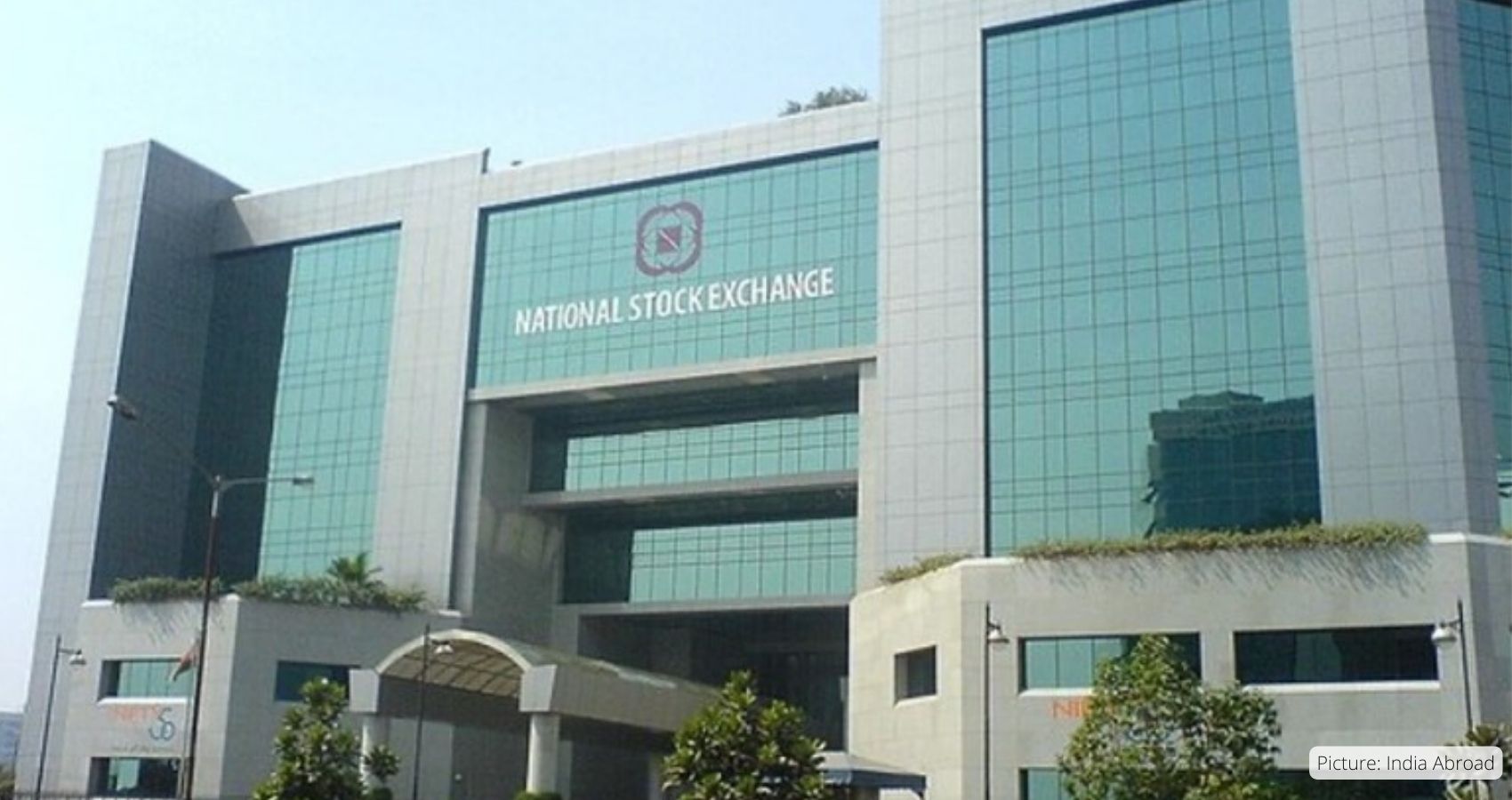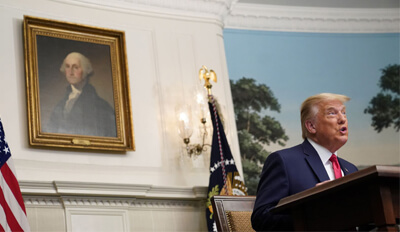India’s stock market has achieved a significant milestone, surpassing Hong Kong to claim the title of the fourth-largest equity market globally, as per a report by Bloomberg.
As of January 22, the combined value of shares listed on Indian exchanges reached $4.33 trillion, edging past Hong Kong’s $4.29 trillion. This development highlights India’s growth trajectory, positioning it prominently within the global financial arena. Notably, the United States, China, and Japan hold the top three spots in the world’s largest stock markets hierarchy.
The Bloomberg report underscores the significance of India’s achievement, stating, “India’s stock market overtakes Hong Kong’s for the first time in another feat for the South Asian nation whose growth prospects and policy reforms have made it an investor darling.”
The journey leading to India’s ascent as the fourth-largest stock market globally can be attributed to various factors, including investor-friendly policy reforms and the sustained economic growth of the nation.
The market crossed the $4 trillion mark on December 5, 2023, and continued its upward trajectory owing to several contributing factors. These include a burgeoning retail investor base, consistent inflows from foreign institutional investors (FIIs), strong corporate earnings, and a consumption-driven macroeconomic landscape.
India’s stock market landscape is characterized by the presence of seven official operating stock and commodity exchanges, all regulated by the Securities and Exchange Board of India (SEBI). However, the Bombay Stock Exchange (BSE) and the National Stock Exchange of India (NSE) emerge as the two primary authorities in the country’s stock market arena.
The BSE, headquartered in Mumbai, has contributed significantly to the Indian stock market with a market cap of $3.3 trillion. Meanwhile, the NSE boasts a market cap of $3.27 trillion, further solidifying India’s position as a major player in the global equity landscape.



